This authoritative reference examines in depth the myriad challenges facing pediatric cancer survivors and proposes a robust framework for structured follow-up of these patients through adulthood. Approaches to long-term follow-up include both established models of care and targeted models of lifelong surveillance of late effects by bodily systems and neurological outcomes. Sections devoted to quality of life and re-entry after treatment focus on key concerns such as health risk behaviors, school and career issues, psychological challenges, and care disparities. And a robust resources section adds extra usefulness to the expert coverage. Among the Handbook’s topics:developmental considerations in the transition from child and adolescent to adult survivorship. long-term follow-up roadmaps by disease and treatment. neuropsychological effects of pediatric brain tumors and associated treatment. building resiliency in childhood cancer survivors: a clinicians perspective. school issues and educational strategies for survivors of childhood cancer. educating and preparing the childhood cancer survivor for long-term care: a curriculum model for cancer centers. A work of rare scope, scholarship, and clinical acumen, the Handbook of Long-term Care of the Childhood Cancer Survivor is a rewarding, practice-building resource essential to a wide range of healing professionals, including primary care physicians, pediatricians, oncologists, nurses, psychologists, neuropsychologists, child psychologists, and licensed therapists.




Most Commented